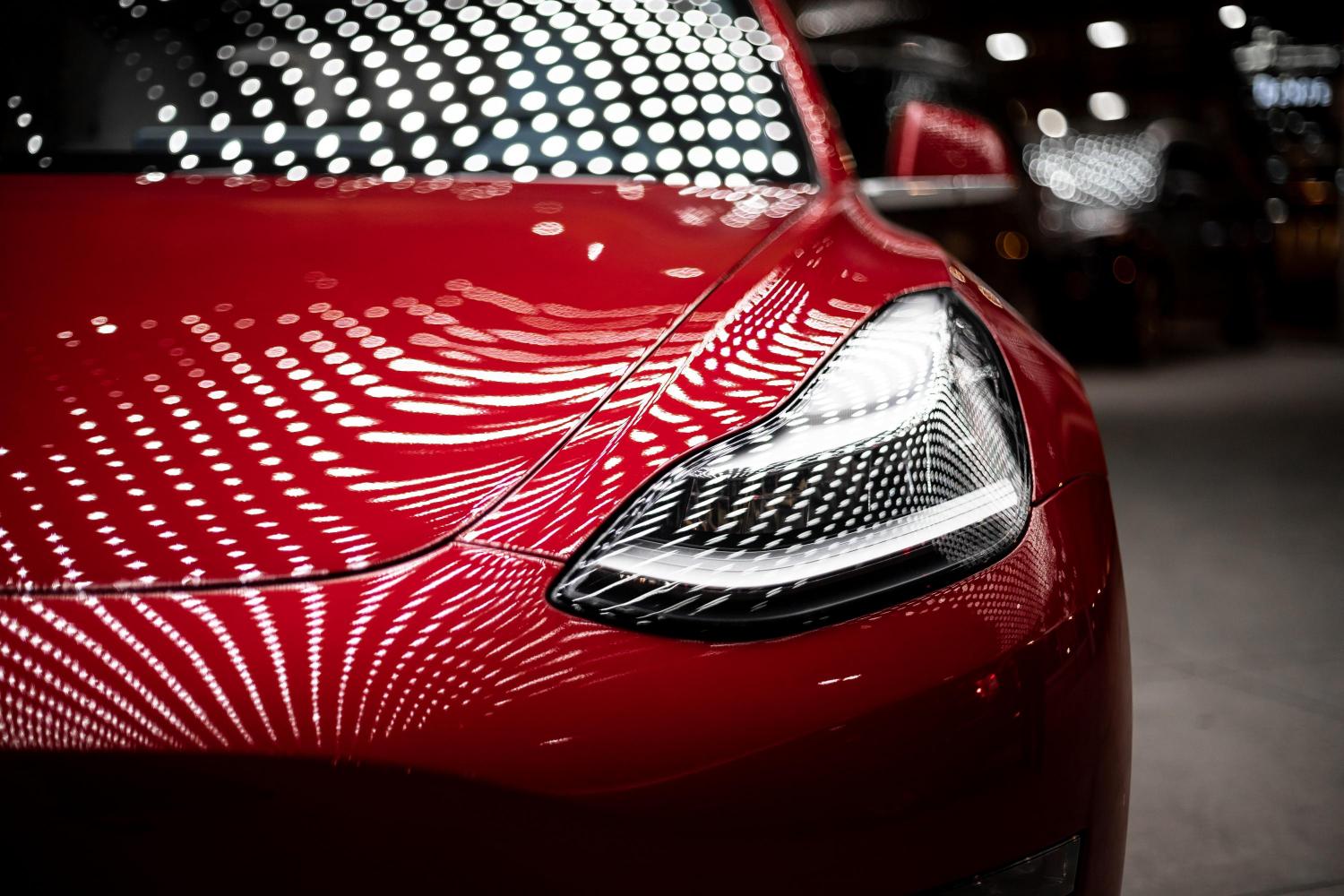
Electric and self-driving cars, to many observers, will be an inevitable of transportation systems worldwide. But that sentiment isn’t held by all, or even most, people. Unease was expressed extensively in a recent survey by JD Power, showing a “Mobility Confidence Index” at 36 (100-point scale) for self-driving cars, and 55 for electric cars. Both are troubling figures for automakers and tech companies in the space, yet there are pros and cons to the findings.
Companies such as Tesla have paved a new path in the auto industry, which is inherently a positive, but the concern over public safety and viability of these products stand in question. While these advancements are to be commended, it’s also important to note that they are far from finished products, still in either a test phase or nestled in as a niche market.
Mistrust over self-driving cars needs context
Self-driving cars are a new and unproven technology. People inherently don’t trust what they don’t know, and 68 percent of respondents have “little to no knowledge about self-driving vehicle technology.” That is to be expected with a new technology that stands to fundamentally change the way we traverse the world around us.
The survey cites that problem is “proving more challenging than originally thought.” These delays, along with the accidents that have been well publicized, have turned public sentiment against the technology. The fact is, there is no real basis for either end of the debate. We’re unsure if self-driving cars will prove to be an improvement over human drivers. 90 percent of accidents are caused by human error, so in theory, this technology will save lives.
There are too many factors that play into testing to accurately quantify whether or not assumptions made by advocates for electric and self-driving cars are true. A great deal of context needs to be assessed in reviewing the data that already exists, such as where testing has happened and the variety of tasks the car does. More research needs to happen, more advancements need to be made, and more people need to be educated by the companies that are working on the technology to speed up the timeline for which self-driving cars become mainstream.
Viability of electric cars is growing quickly
Electric cars pose a slightly different challenge for consumers, but still suffer from the same broader trends. Investments in electric cars have jumped drastically, up to $90 billion, as exemplified by Ford’s investment in Rivian earlier this year. Investments continue across the global automotive sector, and they are being funneled less into concept cars and more into consumer-viable cars, meaning the shift from niche to mainstream is beginning.
That growth is encouraging, but it’s also worth noting that electric cars made up less than one percent of the 90 million cars sold annually. Challenges abound; the auto industry is one of the most difficult industries to permeate, and until more mainstream companies that consumers trust begin making electric cars a part of their core offerings, enthusiasm will be tempered for some time.
That being said, innovation has struck the electric car and battery sector like a bolt of lightning. Tesla has recently announced the launch of a battery that the company says can last a million miles before it wears out, more than double the current leading battery capacity. This advancement has to be understood by the public for it to move confidence numbers up, and the JD Power study only emphasizes that point.
The reality of innovation
Many would like to believe that the leaps and bounds made through technology happen instantly, a sudden breakthrough catapulting us to new heights. The reality tells a different story, and this particular anecdote is no different. Electric cars have struggled as an affordable option for the masses, and are just beginning to become mainstream options, with a charging network just starting to expand to an acceptable degree.
Self-driving cars are even further behind, more theoretical than practical at this stage. The technological and regulatory challenges that exist won’t be easy to solve, and with the scrutiny many in this industry have faced, such as Uber and Tesla, the bar seems even higher.
In sum, the JD Power survey offers several lessons – and questions.
At the macro level, we know that technological innovation involves a great deal of gray area. There are clear financial and societal benefits to be reaped from these advancements, but these particular examples make it clear that there will inevitably be shreds of doubt that exist. Adaption is an inherently difficult thing to do and expecting consumers to shift to electric cars quickly is hardly a good bet.
Consumers will continue to have more questions in the years ahead.
Why is this technology an improvement over the current state of affairs? Is it a noticeable enough improvement to warrant large-scale investment? How will it alter the landscape of the community with which it resides?
These questions lie at the feet of the organizations that pursue these advancements. These surveys make it clear that companies that are pursuing self-driving and electric cars not only have technological hurdles, but marketing hurdles. The technology may be ground-breaking, but consumers also need to believe it’s ground-breaking.
Image credit: Vlad Tchompalov/Unsplash

Bryant Jefferson is a senior studying social entrepreneurship at Roosevelt University. He makes content about social entrepreneurship, public policy, and CSR. Bryant is from Hampton, Illinois.














